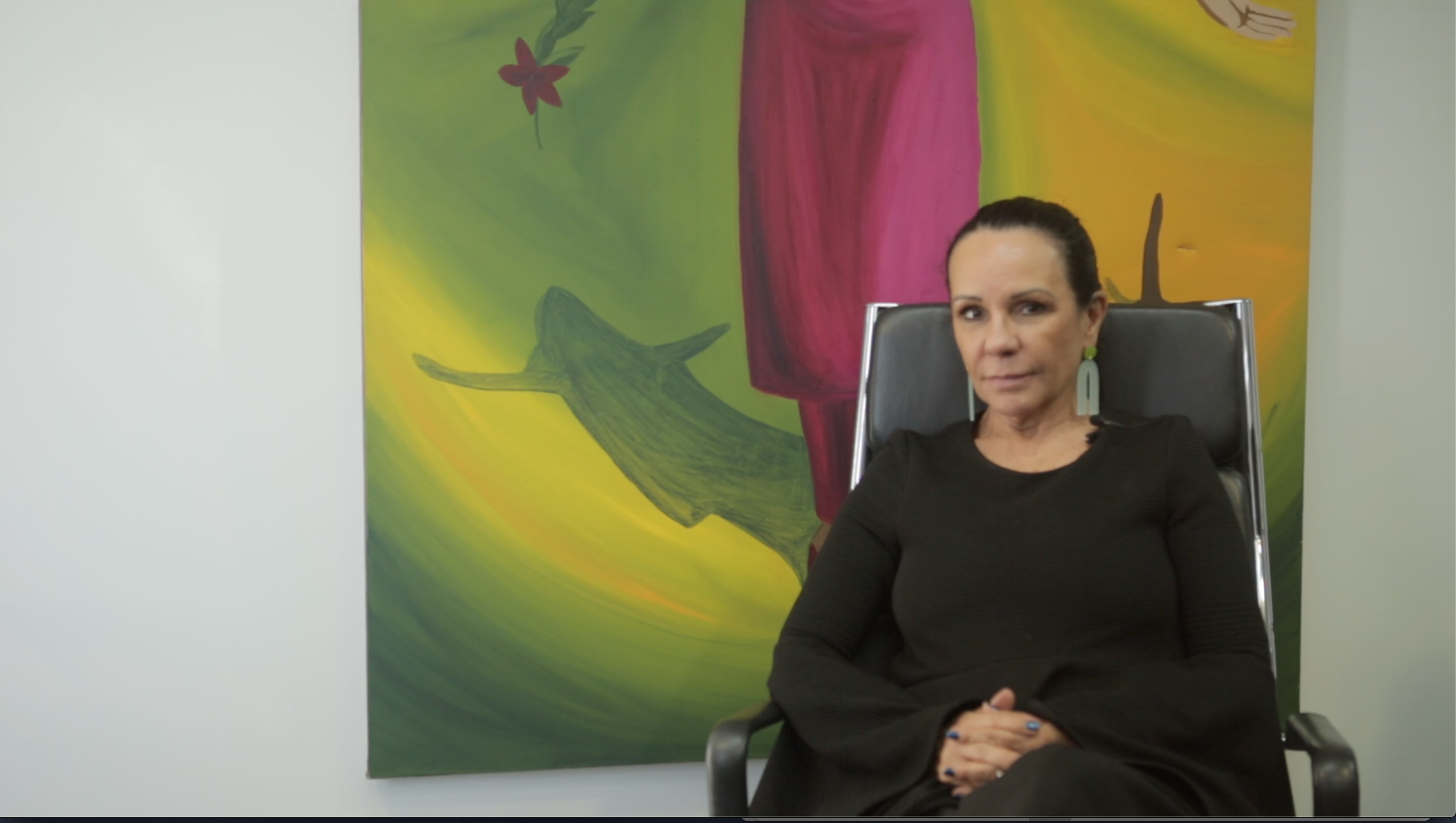In a wide-ranging interview, trail-blazing Indigenous MP Linda Burney tells Hatch reporter Ilias Bakalla about the obstacles to achieving constitutional change.
Australia faces a “huge challenge” in designing a Voice to Parliament, the representative advisory body which is one of the key demands of Indigenous Australians, according to the federal Shadow Minister for Indigenous Australians.
Speaking shortly before her government counterpart, Ken Wyatt, announced a three-year time frame for holding a long-awaited referendum on constitutional reform, Burney also warned that achieving a single federal treaty with Australia’s First Peoples would be “much more complex than I think most people understand”.
And she said there was “still an extraordinary amount of work to be done in the space” of truth-telling about the past – the third central plank of the Uluru Statement from the Heart, issued in 2017 following lengthy nationwide consultations on Indigenous recognition.
Burney will play a leading role in bipartisan efforts to find a “consensus option” to be put to a referendum during the current parliamentary term, after Wyatt announced at the National Press Club in Canberra on Wednesday (July 10) that the government was committed to constitutional change.
The announcement came during NAIDOC Week, the theme of which is “Voice, Treaty, Truth”.
Burney and Wyatt at the National NAIDOC Week Awards Ceremony
On the question of a constitutionally enshrined Voice to Parliament, already being vehemently opposed by some Coalition politicians following Wyatt’s speech, Burney told Hatch:
“One of the huge challenges is actually designing what the Voice will look like.
“The Uluru Statement was very clear on what it would do, that is, to provide advice only to the Federal Parliament on legislation as it pertains to Indigenous people, Indigenous issues.
“It would not be a body that had any powers to stop legislation [and] it certainly is not a third chamber, as it has been described by some people.”
She added: “I think there is a growing acceptance across the Parliament and across the community … that there does need to be a Voice to Parliament to make sure that the decisions that the Parliament makes are going to be beneficial to the Indigenous community.”
Still unclear is how or whether any proposed constitutional change will incorporate the Uluru Statement’s call for a Makarrata Commission to oversee truthtelling and a treaty-making process. (“Makarrata” means “reconciliation after conflict” in the Yolngu language.)
On the issue of a treaty, which was promised by the late former prime minister Bob Hawke in 1988, Burney noted that some of the states and territories are already engaged in treaty-making processes.
Others have struck land deals – such as Western Australia’s $1.3 billion agreement with the Noongar people – which equate to treaties.
Hawke promised Indigenous Australians a treaty in 1988
Treaty making, Burney said, needs to reflect the reality that Aboriginal society consists of multiple nation states. “So the complexity of treaty making has to take on the cultural landscape of Australia. The other thing of course is … [that with a] treaty, you usually have to trade off something [in return].”
At the federal level, Burney believes a treaty “might also include, in some cases, redress or compensation”.
She said there had already been “an enormous amount of truthtelling” about the injustices suffered by Aboriginal and Torres Strait Islander Australians, citing the way Australian history is now taught in schools, efforts by local governments to recognise the history of their areas, and the acknowledgement of massacre sites.
On the other hand, there was still considerable work to be done, Burney said.
“I see the truthtelling process as a very grassroots, locally driven process. It’s not something that should be imposed from up high.
“It is what people at a community level believe needs to happen to heal their community … Local communities need to explore their stories together.”
Burney also stressed the importance of a bipartisan approach to constitutional reform, saying that she and Wyatt had agreed that “we will work in a bipartisan manner as much as possible … [It’s] not a race to the bottom.”
She said the treatment of the former Sydney Swans footballer Adam Goodes demonstrated that there were still “enormous amounts of racism in this country”. – @iliasbakalla


